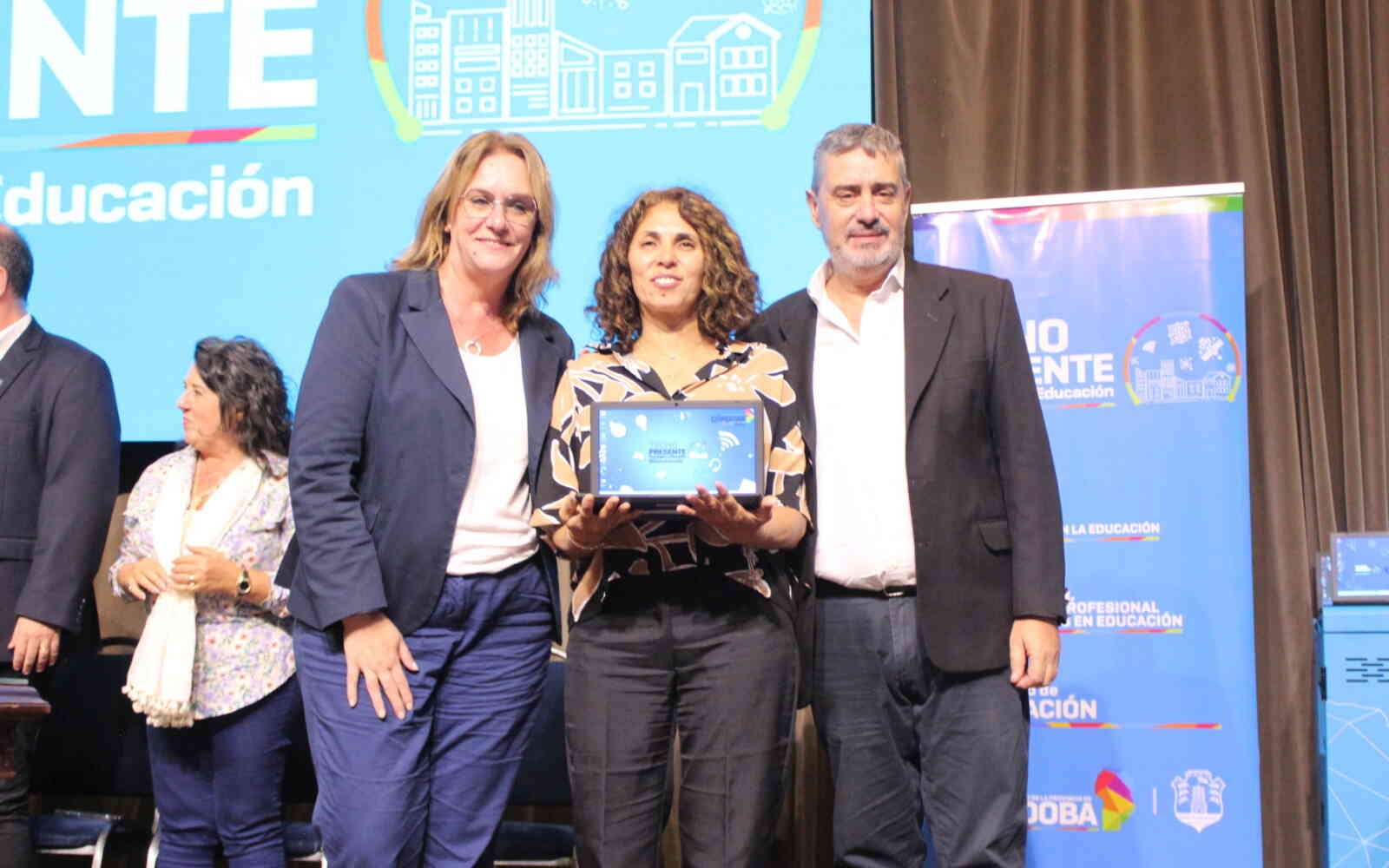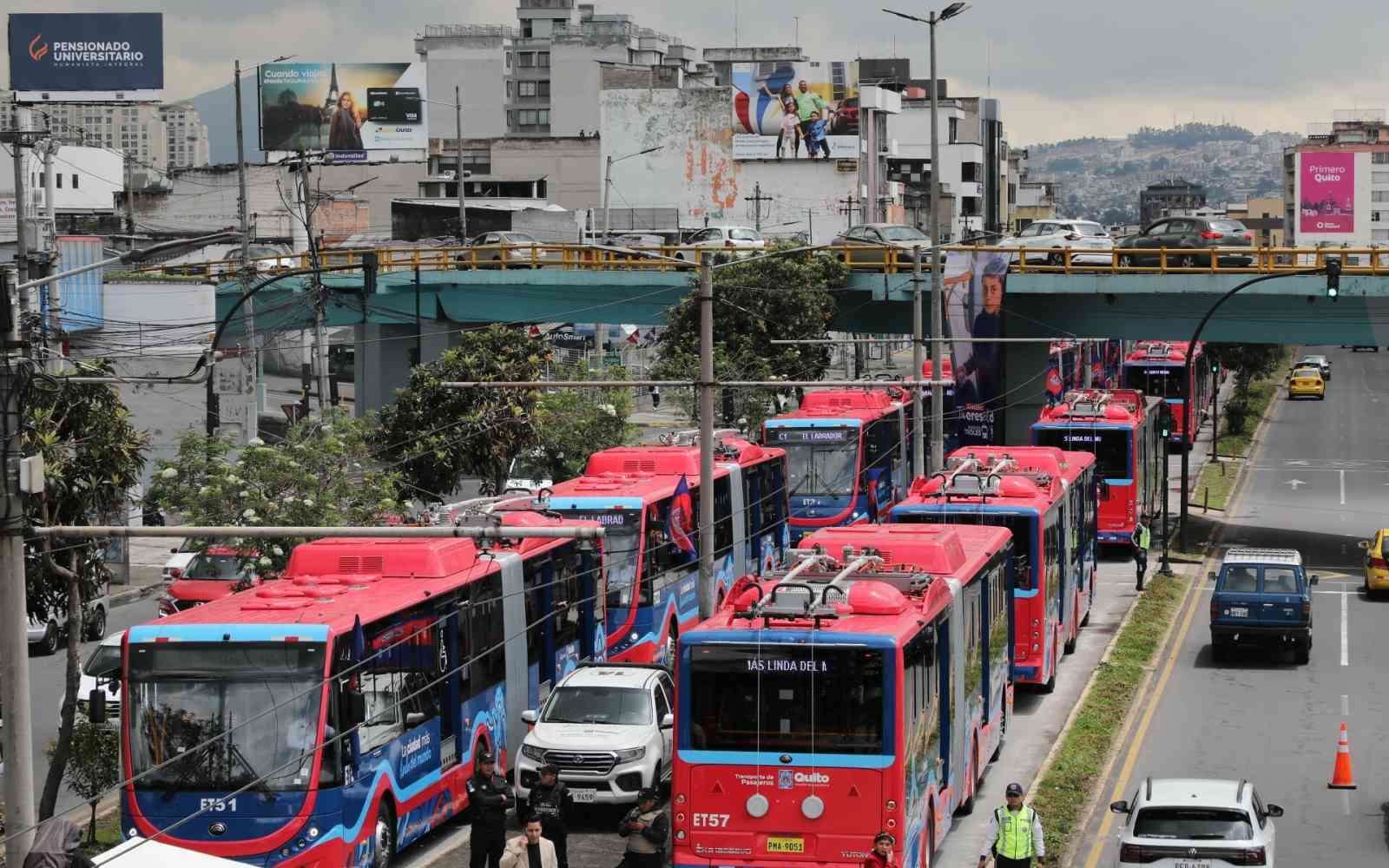The United Nations Office for Project Services (UNOPS)
ICT: fundamental to deliver the SDGs
Opening remarks by Grete Faremo, Under-Secretary-General and Executive Director of UNOPS, at the Swiss IT Leadership Forum, 27 June 2017
[Check against delivery]
Excellencies, Distinguished Delegates, Ladies and Gentlemen
Let me open by providing a brief overview on the role of my organization – UNOPS – in implementing the New Urban Agenda and Agenda 2030.
Simply, our focus is implementation.
At UNOPS we implement on behalf of governments, the UN family and the private sector.
We have a mandate in infrastructure.
We build roads, schools and hospitals.
We build waste and water management facilities.
We build homes, specialize in social housing and are experienced in labour-based implementation. This means developing the skills of the people we recruit in country, to deliver on these projects.
Through this work, we are continuously designing and constructing infrastructure, in support of government objectives to improve the way cities function.
I stated at the plenary session at Habitat III, as the leader of a UN organization with a mandate for infrastructure, I feel a deep responsibility to the New Urban Agenda.
This responsibility extends to many members of the UN family who contribute to this vital cause.
With UN-Habitat, we are currently in the process of refining our long standing relationship.
Aligned to the assessment of the Secretary-General, we have just signed a new model of co-operation. Together, we pledge to coordinate approaches to working with donors and the private sector in support of implementing the New Urban Agenda and the SDGs, especially Goal 11, to: "make our cities and human settlements inclusive, safe, resilient, and sustainable".
Of course, SDG 11 is not the only Sustainable Development Goal that UNOPS can support.
Take goals on oceans, for example. We know that 80% of ocean pollution comes from land-based activities. A recent UNEP analysis of plastic in our oceans stated – whilst prevention is key, improving waste collection and management is the most urgent short term solution.
Our services cut across all of our global goals, and we offer them across the UN family. Resilient infrastructure is an area where we can provide technical expertise.
Last month, for example, we signed an agreement with UNDP and UN Women to implement a national resilience programme with the Government of Bangladesh.
And as chair of the International Recovery Platform we help countries "build-back-better" and be more resilient to cyclones, floods and earthquakes.
As you can see in the above, there are many strong examples of the UN family working together towards our Global Goals.
But I think we can all agree that there is room for improvement. We welcome proposals to strengthen the coherence of actions at country level, through reform of the Resident Coordinators system.
Yet there are many other areas where we must adapt to the world which faces us today.
We must remember that whilst the Paris Agreement represents a long-term vision for decades to come, we are dealing with the realities of climate change now.
Destructive floods, droughts, storms, heat-waves will, one way or another, seriously affect the ten billion people that will inhabit our earth by the middle of the Century.
Decisions taken today on building infrastructure could lock in carbon emissions for decades. The choice to build a highway rather than a mass transit system, for example, will have significant long-term climate consequences.
I will finish with a final example of how Infrastructure not only enables development, but can protect development gains. Take the cases of Kuramoto, Japan and Port au Prince, Haiti.
Both cities experienced earthquakes of equal strength. Sixteen people died in Japan. In Haiti, a quarter of a million people lost their lives. Mainly, this was due to infrastructure: Its failure can both create disasters, and be the cause of response needs.
More than half of the world's population live in cities, and this is expected to increase to two thirds by 2050. This vast movement of people is for the most part taking place in developing countries.
In summary, the role of the UN system is vital to implementing the New Urban Agenda.
And by aligning our mandates and core competencies, we stand a far greater chance of delivering a better future for all.
We have very important discussions to come.
I am very much looking forward to hearing the thoughts across this room, as we move towards effective implementation of the New Urban Agenda.
Thank you.
[Check against delivery]












